I once said to somebody, “You know, the biggest problems in life are ignorance and indifference.” And he replied, “Well, I don’t know, and even if I did, I couldn’t care.” So you take the point that, somehow or other, indifference is a kind of deadness of the soul. You’re all muffled in layers and wrappings of self-absorption and that kind of inability to be moved by events and people. That really is a kind of deadness of the soul.
I think of that moment when Moses, as a young man, goes out and sees his people. The Bible describes it very, very simply in just a few words. Vayigdal Moshe vayeitse el echav vehaya besivlotam. He grew up, he went out to his brothers, and he saw their suffering. And you know that that is the decisive moment in his life, because he sees people’s suffering and he understands these are my people. I cannot walk away.
And I think anyone with any kind of soul feels that moment at a certain point of time. Just think of Moses, the life in front of him, prince of Egypt, life in a palace, power, wealth, whatever you want. How would you put it today? The little summer house in Cap d’Antibes, the Lamborghini to do the shopping and this kind of stuff, wardrobe full of Armani suits, everything you ever wanted. That’s what Moses had stretching in front of him on the one hand. On the other, a life of adversity, leading a people, who are pretty difficult to lead, through 40 years of a desert. How did he choose to do that rather than that? Had he chosen that way, he would have lived a life of luxury and he would be forgotten two days after he died. Here was a life of adversity and we still haven’t forgotten him 33 centuries later. Why did he make that choice? Because when we see our brothers and sisters suffering, if there is the tiniest spark of Moses in us, we cannot walk away.
SHARE
More from JInsider
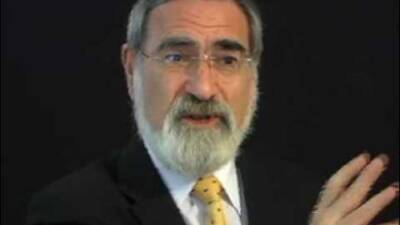
Rabbi Sacks on the Jewish Narrative
JInsider (March 2010)
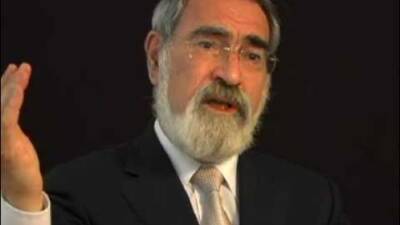
Rabbi Sacks on Future Tense Take Aways: Part 1
JInsider (March 2010)
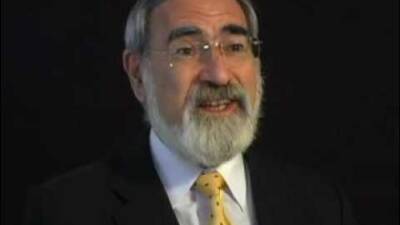
Rabbi Sacks on Future Tense Take Aways: 2
JInsider (March 2010)
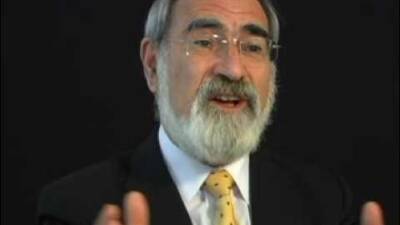
Rabbi Sacks on the Universal Jewish Story
JInsider (March 2010)
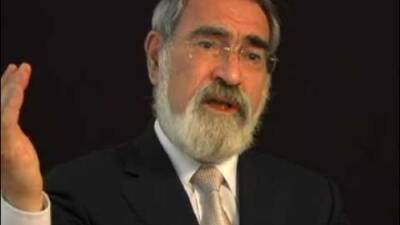
Rabbi Sacks on Eco-Judaism Roots
JInsider (March 2010)
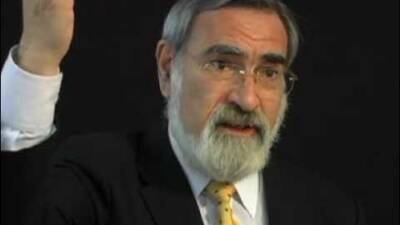
Rabbi Sacks on Peoplehood
JInsider (March 2010)
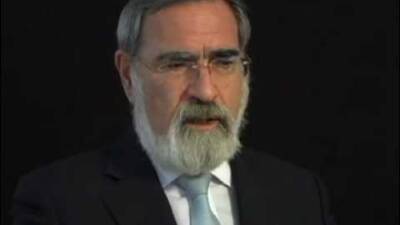
Rabbi Sacks on an Engaged Judaism
JInsider (March 2010)
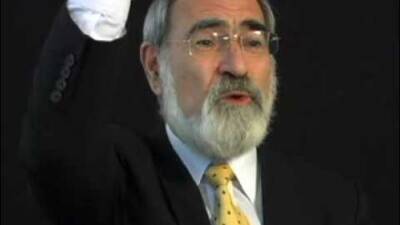
Rabbi Sacks on Charity Priorities
JInsider (March 2010)
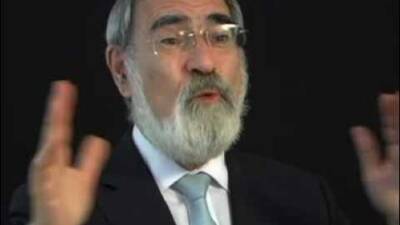
Rabbi Sacks on a Responsible Life
JInsider (March 2010)
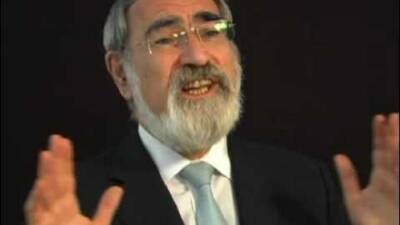
Rabbi Sacks on Reconciliation
JInsider (March 2010)
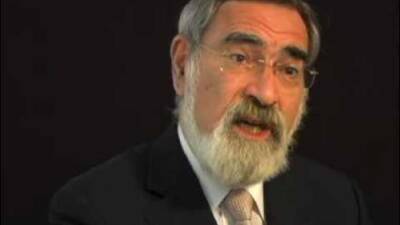
Rabbi Sacks on Community Conflict
JInsider (March 2010)
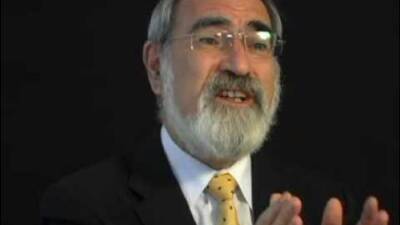
Rabbi Sacks on Particularism vs Universalism
JInsider (March 2010)
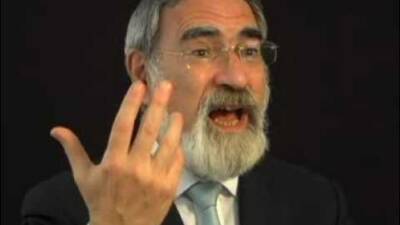
Rabbi Sacks on a Culture of Hope
JInsider (March 2010)
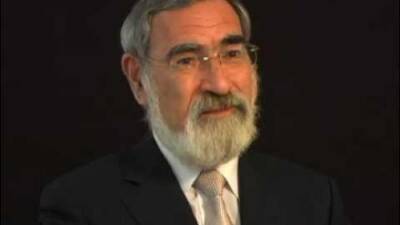
Rabbi Sacks on his Personal Hatikvah
JInsider (March 2010)
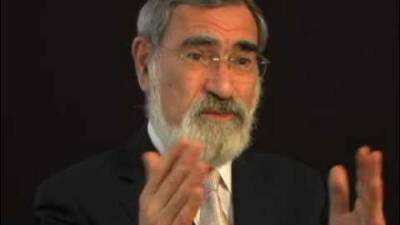
Rabbi Sacks on Israel and Jewish Society
JInsider (March 2010)
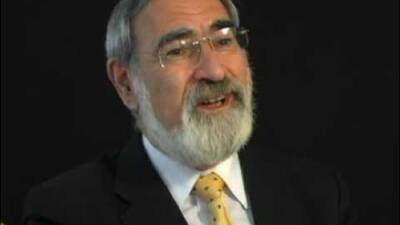
Rabbi Sacks on Torah in Today's World
JInsider (March 2010)
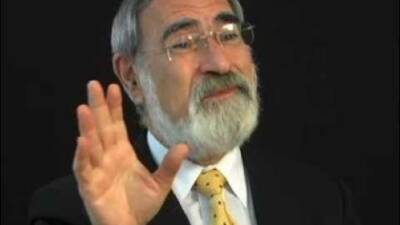
Rabbi Sacks on Prayer
JInsider (March 2010)
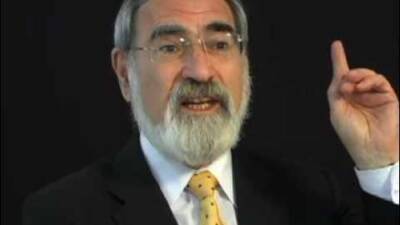
Rabbi Sacks on the Jewish Role in the World
JInsider (March 2010)
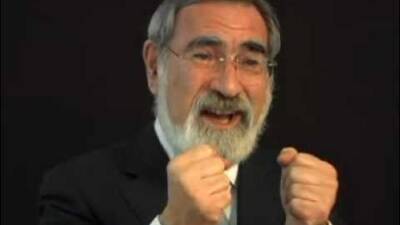
Rabbi Sacks on Torah and the Real World
JInsider (March 2010)
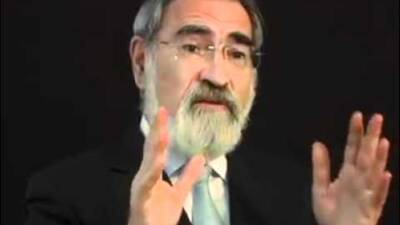
Rabbi Sacks on Free Market and Judaism
JInsider (March 2010)
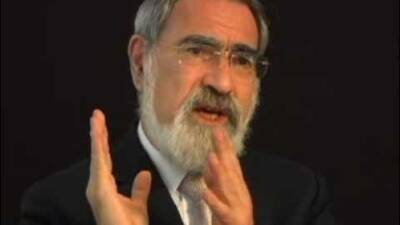
Rabbi Sacks on Antisemitism
JInsider (March 2010)
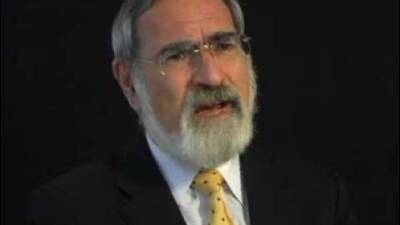
Rabbi Sacks on Future Tense
JInsider (March 2010)
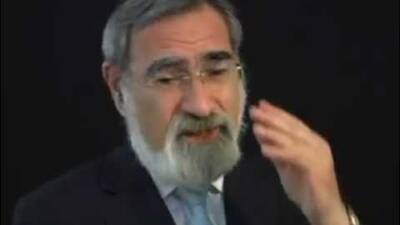
Rabbi Sacks on Love as Deed
JInsider (March 2010)
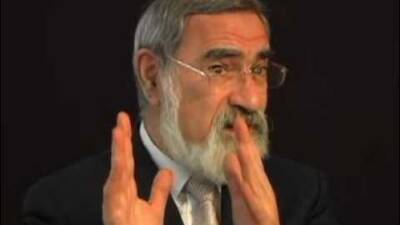
Rabbi Sacks on Combatting Antisemitism
JInsider (March 2010)
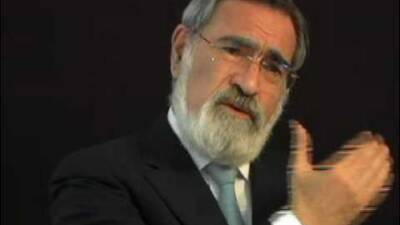
Rabbi Sacks on Material Loss
JInsider (March 2010)
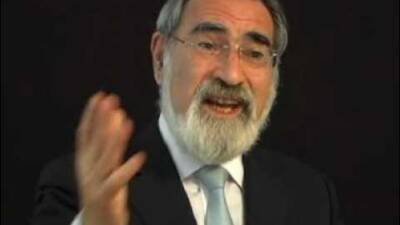
Rabbi Sacks on the Antidote to Materialism
JInsider (March 2010)
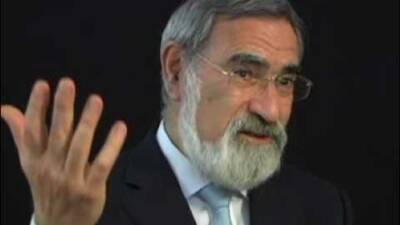
Rabbi Sacks on Parenting
JInsider (March 2010)
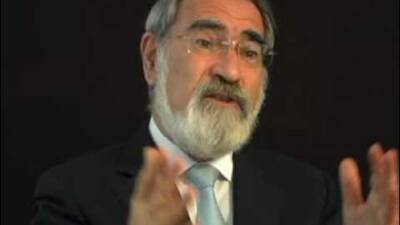
Rabbi Sacks on a Tzedakah Tale
JInsider (March 2010)
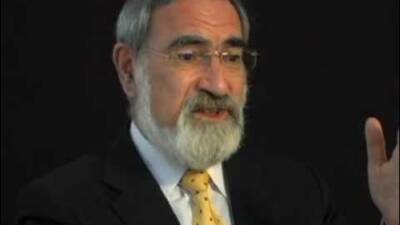
Rabbi Sacks on a Family Story
JInsider (March 2010)
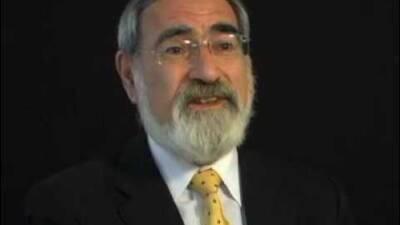
On the Internet and Judaism
JInsider (March 2010)
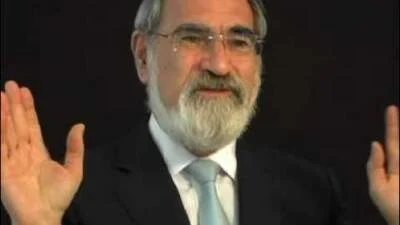
Rabbi Sacks on Plato's Ghost
JInsider (March 2010)
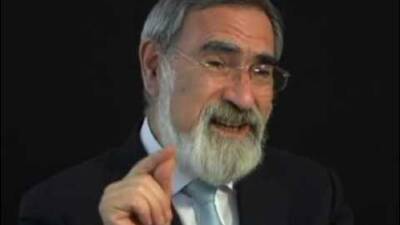
Rabbi Sacks on Optimism vs. Hope
JInsider (March 2010)
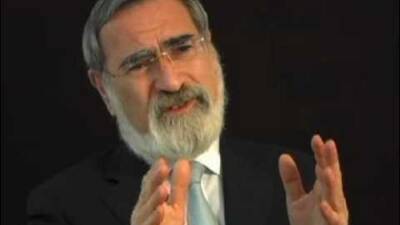
Rabbi Sacks on Victim Mentality
JInsider (March 2010)
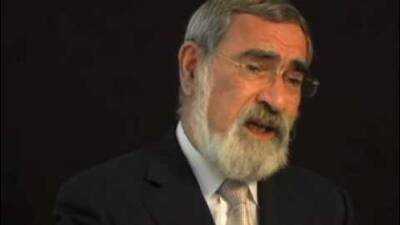
Rabbi Sacks on Jerusalem
JInsider (March 2010)
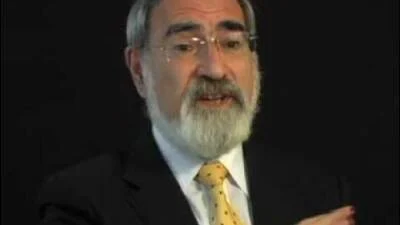
Rabbi Sacks on Advice for our Times
JInsider (March 2010)
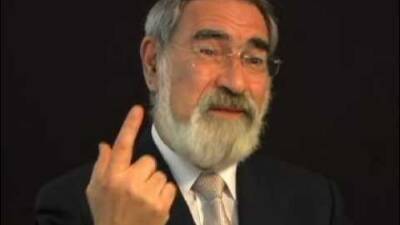
Rabbi Sacks on Fundamentalism
JInsider (March 2010)
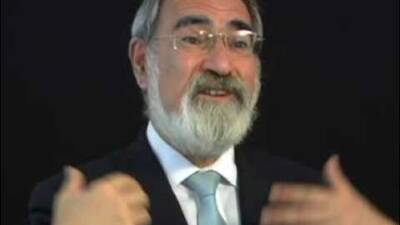
Rabbi Sacks on Time
JInsider (March 2010)
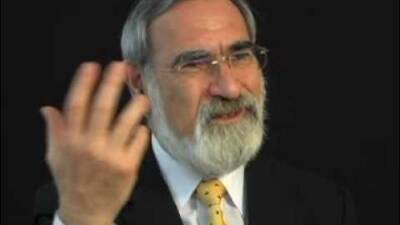
Rabbi Sacks on the Chosen People
JInsider (March 2010)
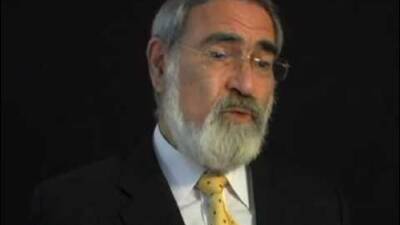
Rabbi Sacks on 21st Century Israel
JInsider (March 2010)
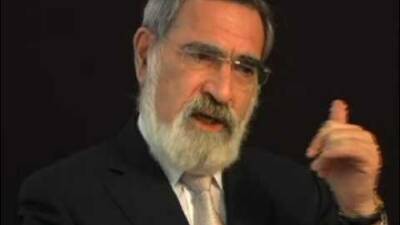
Rabbi Sacks on the Origins of Antisemitism
JInsider (March 2010)
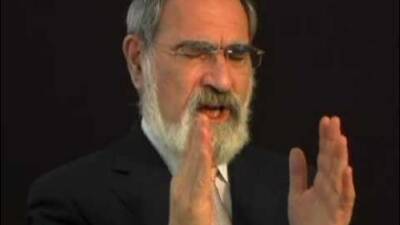
Rabbi Sacks on Understanding Jewish Exile
JInsider (March 2010)
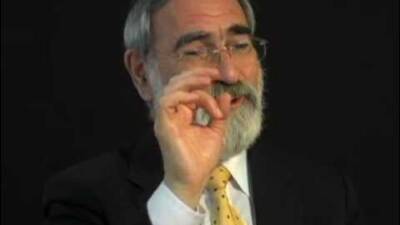
Rabbi Sacks on Anger
JInsider (March 2010)
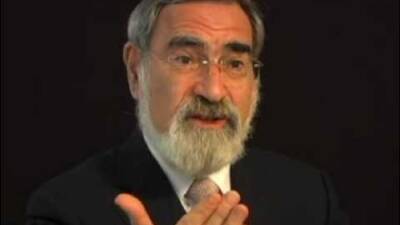
Rabbi Sacks on the Historical Evolution of Antisemitism
JInsider (March 2010)
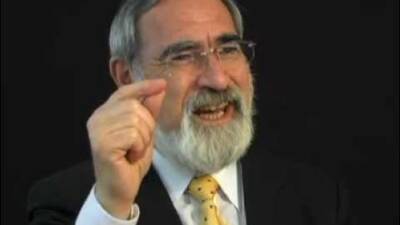
Rabbi Sacks on Interfaith Relations
JInsider (March 2010)
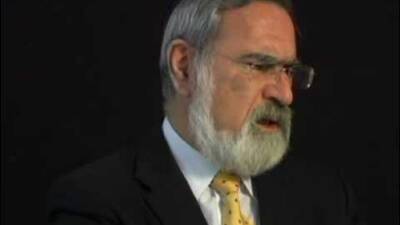
Rabbi Sacks on Coincidence and Providence
JInsider (March 2010)
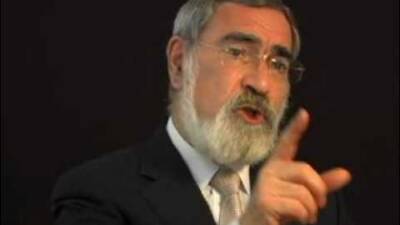
Rabbi Sacks on Free Will
JInsider (March 2010)
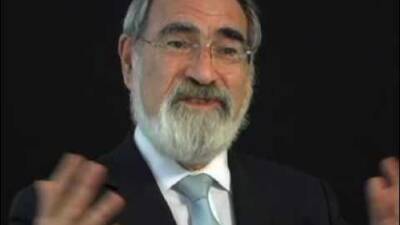
Rabbi Sacks on Family and Marriage
JInsider (March 2010)
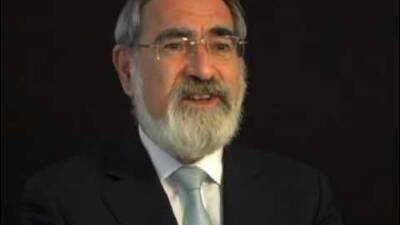
Rabbi Sacks on Tzedakah Defined
JInsider (March 2010)
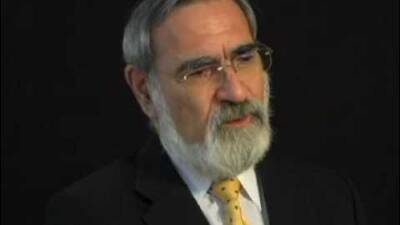
Rabbi Sacks on Daily Life
JInsider (March 2010)
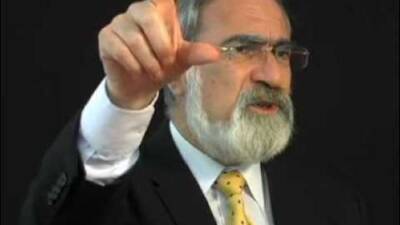
Rabbi Sacks on Being Jewish
JInsider (March 2010)
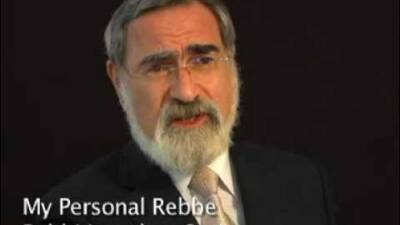
Rabbi Sacks on his Personal Rebbe, Rabbi Nachum Rabinovitch
JInsider (March 2010)
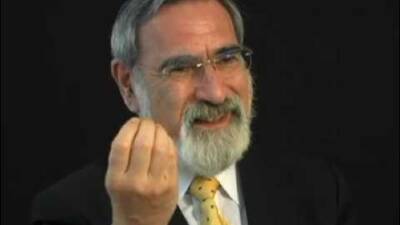
Rabbi Sacks on Connecting to God
JInsider (March 2010)
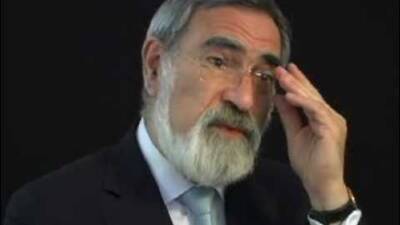
Rabbi Sacks on God and Evil
JInsider (March 2010)
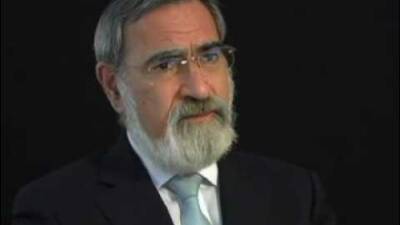
Rabbi Sacks on Dialogue with Atheists
JInsider (March 2010)
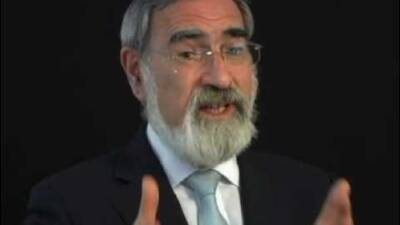
Rabbi Sacks on Doubt
Jinsider (March 2010)
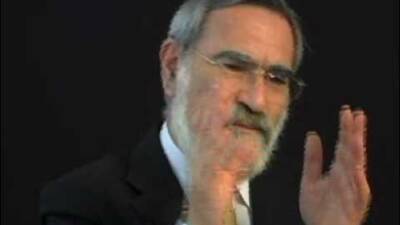
On Tikkun Olam
JInsider (March 2010)
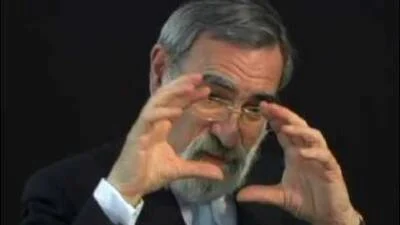
Rabbi Sacks on a Response to Atheism
JInsider (March 2010)
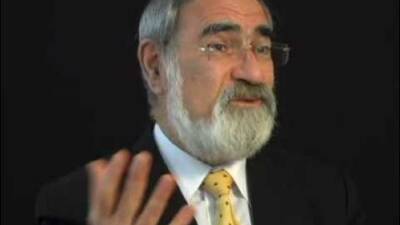
Rabbi Sacks on Finding Purpose
JInsider (March 2010)
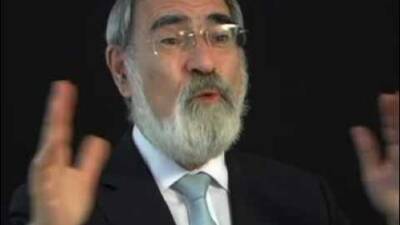
Rabbi Sacks on a Responsible Life - Example
JInsider (March 2010)
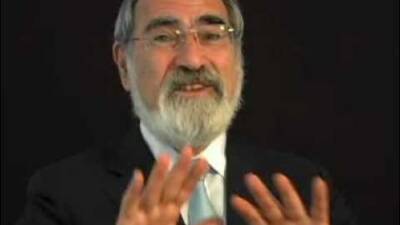
Rabbi Sacks on the Dignity of Difference - Part 2
JInsider (March 2010)
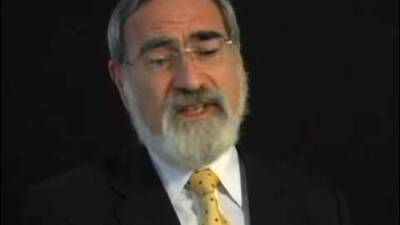
Rabbi Sacks on the Dignity of Difference - Part 1
JInsider (March 2010)
